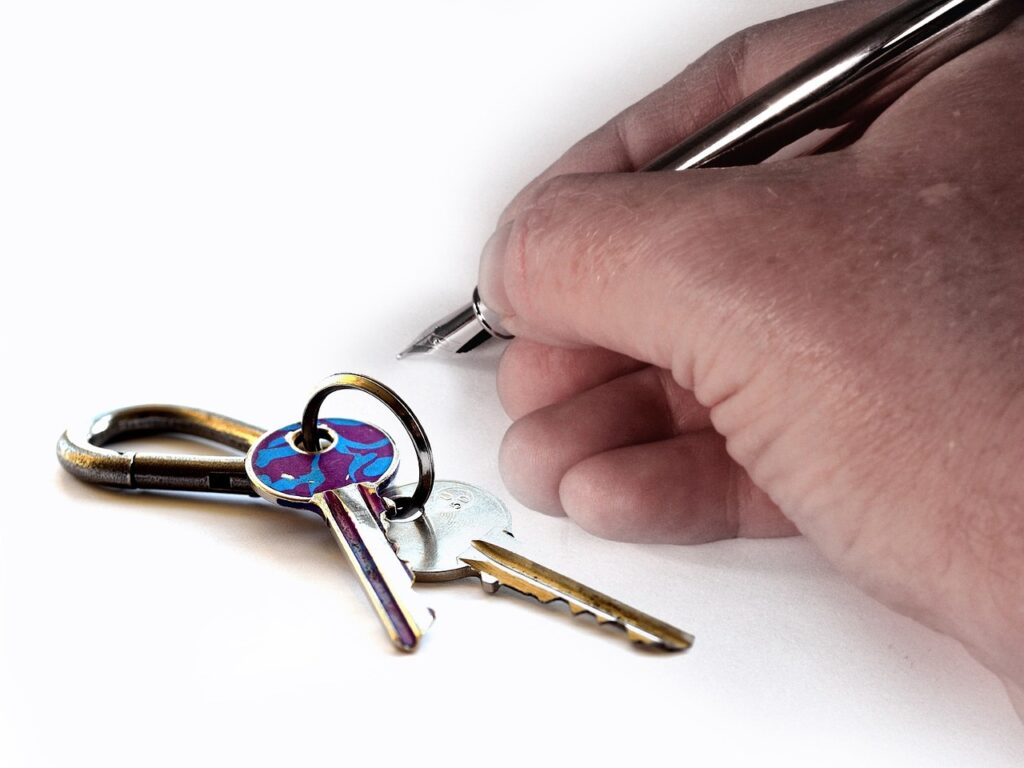In this article, we’ll provide a detailed guide to living in Korea as an expat, including the ins and outs of renting a house(Korea housing). As we’ve seen in our guide to living in Korea as an expatriate, the common types of housing in Korea include apartments, office buildings, multi-family, single-family, and multi-family houses. People who live in cities tend to favor shared housing, such as apartments, for the convenience of living, and home ownership is highly valued. Housing prices are generally high, especially in urban areas.
Korea Housing: Buying and renting a home
Buying a home
It’s rare for foreigners to buy a home in Korea, but if you do, you should check the location, orientation, transportation, and neighborhood carefully. Once you’ve decided to buy, you should take great care to review legal relationships, such as ownership and encumbrances, through the land registry to avoid any disadvantages. It’s important to make sure all essential details are included in the contract.
Renting(Jeonse)
This is a unique way for foreigners to rent a home in Korea, where you pay a deposit, live in the home for a set period of time, and receive your deposit back in full at the end of the contract. The deposit is usually between 40-80% of the price of the house, and the rental contract is usually for two years (one year for offices), and the law stipulates that the landlord cannot break the contract within two years unless the tenant wants to. This means that even if you have a one-year rental contract, the tenant (foreigner) can stay for two years if they want to.
Reverse leases(Ban Jeonse)
During the economic downturn and low interest rates, landlords are turning to split the rental into a deposit and rent to make money. In recent years, it has become more common to charge renters by converting the increase in the rental price into rent. Recently, about 3 out of every 10 houses are rented as a reverse lease. Recently, there has been an increase in the number of cases where the increased charter price is converted into monthly rent (usually twice the bank deposit rate) and rent is collected from tenants.
For example, if the charter price has increased to 400 million won ($300 million) two years after signing a charter contract, the increase of 100 million won is converted into monthly rent at the rate of 400,000 to 600,000 won per month for a deposit of 300 million won.

Monthly rent
This is a rental method where you pay a security deposit and a monthly fee, and is the most preferred method for foreigners. It is also the most familiar method because there is no such thing as a rental in other countries. The deposit is relatively low compared to a rental, and the deposit and monthly fee are negotiable.
The monthly rent may vary depending on the size, number of rooms, and facilities, and utilities (electricity, water, gas, telephone, internet, TV, etc.) are paid separately. Also, furniture and appliances are usually not included, so you will have to buy them separately, but many multi-family or office buildings have basic appliances such as refrigerators and washing machines. Therefore, it is a good idea to choose a place with basic furniture and appliances when looking for a place to rent as a foreigner.
Dormitory
This refers to accommodation provided by a company or school. If you’re an international technical trainee or a non-specialty work visa holder, your company may provide housing, but it’s not required.
Korea Housing: What to look for when looking for housing
There are many ways to find Korea housing. You can look at ads on the street or go door-to-door, but the most common way is through a real estate agency. A real estate agent can check important things for you, help you prepare the necessary paperwork for the contract, and resolve legal issues. When using an agent, you’ll pay a statutory fee based on the value of the transaction, which you can check online in advance.
If you feel that the commission is excessive, you can report it to the illegal brokerage center at your local ward office. In principle, both the landlord and tenant pay the real estate agent, and if you terminate the lease before the expiration of the contract, it is common for the agent to charge the next tenant a commission as well.
Korea Housing: What to Know Before Signing a Contract
Who to sign with
You’ll need to sign a contract with the landlord. Important details include the length of your tenancy, security deposit, and rent. Sometimes you’ll be signing with an existing tenant rather than the landlord directly, in which case you may not be able to get your deposit back if the landlord doesn’t recognize the contract. Therefore, it’s important to verify who the owner is before signing, and to see a seal certificate and power of attorney from the owner or their representative. In some cases, a real estate agent may say they have power of attorney, but it’s always best to verify that the landlord’s information is accurate.
Land Registry
You can check the landlord’s information, the size and layout of the property, and any debts, and it’s easy to obtain online. It’s a good idea to check it multiple times before you make a down payment, mid-term payment, or balance payment. If you’re working with a real estate agent, they should be able to print out the deed for you to check.
How much and how to pay
The down payment is usually 10% of the deposit, and the rest is paid before and on move-in day. You must keep your receipts. If the landlord (a foreigner) unilaterally cancels the contract after signing it, you cannot legally get your deposit back, so you should proceed with caution.
Korea Housing: What must be written in the contract
- The location of the home (the address on the deed must match the address on the contract)
- The amount of the contract (deposit and rent)
- Amount and timing of the down payment, midway payment, and balance (it’s safe to give only 10% of the deposit as a down payment)
- The length of the contract
- Signatures or handprints of the landlord and tenant (finger stamp)
Korea Housing: Contract Expiration and Security Deposit Returns
If you have to move out before the end of the contract, your landlord can deduct the remaining rent from your security deposit. For example, if you live in a room with a 2,000,000 won deposit and a 150,000 won monthly rent, and you decide to move out three months before your contract expires, there’s no problem if you find a new tenant right away, but if not, it’s not illegal for the landlord to deduct the remaining three months’ rent of 450,000 won (150,000 won × 3 months) from your deposit, leaving you with 1,550,000 won.
If your contract expires and you give a month’s notice of your intention to move out, but the landlord refuses to return your security deposit because there is no new tenant, this is illegal. In this situation, you may have to take legal action, and it is recommended that you seek legal counsel as it can be a complicated process.
As a foreigner, signing a lease in Korea can be a daunting prospect(Korea Housing), but it’s increasingly common for people to do it directly, and since you’re a foreigner, we recommend using a real estate agent if you can. While it may seem like a lot of money to pay a real estate agent, it’s worth it to consider paying a small fee to cushion the blow of a bad deal.

